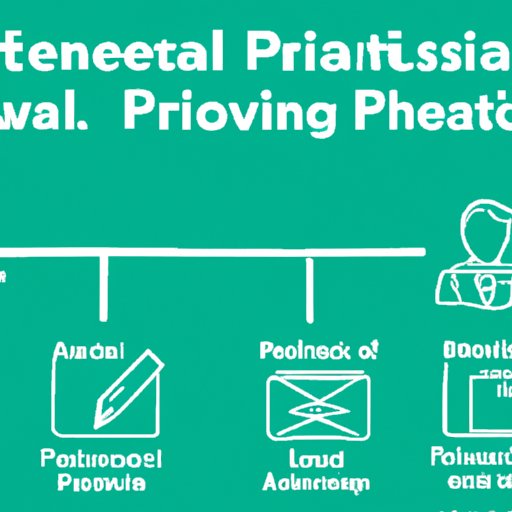Introduction
Becoming a principal without traditional teaching experience may seem like a challenge, but it’s a challenge that can be overcome. Many people are eager to pursue a career in education leadership but feel limited by the idea that they must first spend years working as a teacher. However, with the right skills, education, and experience, there are many alternate paths to becoming a successful principal. In this article, we will explore these paths and offer advice on how to achieve your goals.
Spotlight on Transferable Skills
Transferable skills are those that can be applied across various fields and positions. Previous work experience, hobbies, and volunteer activities can all provide valuable transferable skills that can be used to become a successful principal. Communication, leadership, problem-solving, and strategic planning are just a few examples of skills that are highly sought after in education leadership positions.
For example, someone with experience managing a team may have developed strong leadership skills. A volunteer who has organized events for their community may have strong organizational skills and be well-connected within that community. It’s important to identify and highlight these skills when applying for education leadership positions.
Explore Alternate Paths
There are alternate paths to becoming a principal that don’t require traditional teaching positions. Some examples include:
- Working as a school counselor or a school psychologist
- Working in a related field such as education policy, administration, or advocacy
- Having a business or finance background and working as a school business administrator
While these alternate paths may not require teaching experience, they do require a degree in education or a related field. It’s important to research the specific educational requirements and relevant experiences needed for each path. Additionally, building relationships and networking with education professionals can be extremely beneficial when pursuing alternate paths to education leadership.
Interview Successful Principals
Interviewing successful principals who did not come from a teaching background is a valuable way to gain insight into alternative paths to education leadership. These individuals can offer unique perspectives on the best approaches to achieving success and overcoming potential obstacles when pursuing a non-traditional career path.
Some tips and advice from these individuals include:
- Focus on developing transferable skills and gaining diverse experiences
- Take advantage of opportunities to work with educators and education professionals
- Be confident in your skills and ability to adapt to new challenges
Share Expert Insights
Educational experts can provide valuable insights into the educational background, skills, and experiences that made individuals credible candidates for education leadership positions. They can also provide tips and advice for individuals looking to pursue alternate paths to education leadership.
Some additional insights and advice from educational experts include:
- Continuously build your education and experience through formal education or professional development opportunities
- Be proactive in building your connections and network within the education field
- Seek mentorship from individuals who have successfully navigated a similar career path
Highlight Real-Life Examples
There are many real-life examples of individuals who started in a non-traditional role but went on to become successful principals. These examples offer valuable insights into the qualities and skills necessary to succeed in education leadership positions.
Some examples of real-life success stories include:
- A business executive who founded a charter school network
- A former social worker who became a principal after working in education policy and administration
- An education advocate who became a principal after serving on a local school board
Conclusion
In conclusion, becoming a principal without traditional teaching experience is a challenge, but it’s a challenge that can be overcome with dedication and perseverance. Identifying transferable skills, researching alternative paths to education leadership, seeking advice from successful individuals, and building relationships with education professionals are all important steps. With these tips and strategies, you can pursue your dreams of becoming a successful principal without a traditional teaching background.
(Note: Is this article not meeting your expectations? Do you have knowledge or insights to share? Unlock new opportunities and expand your reach by joining our authors team. Click Registration to join us and share your expertise with our readers.)
